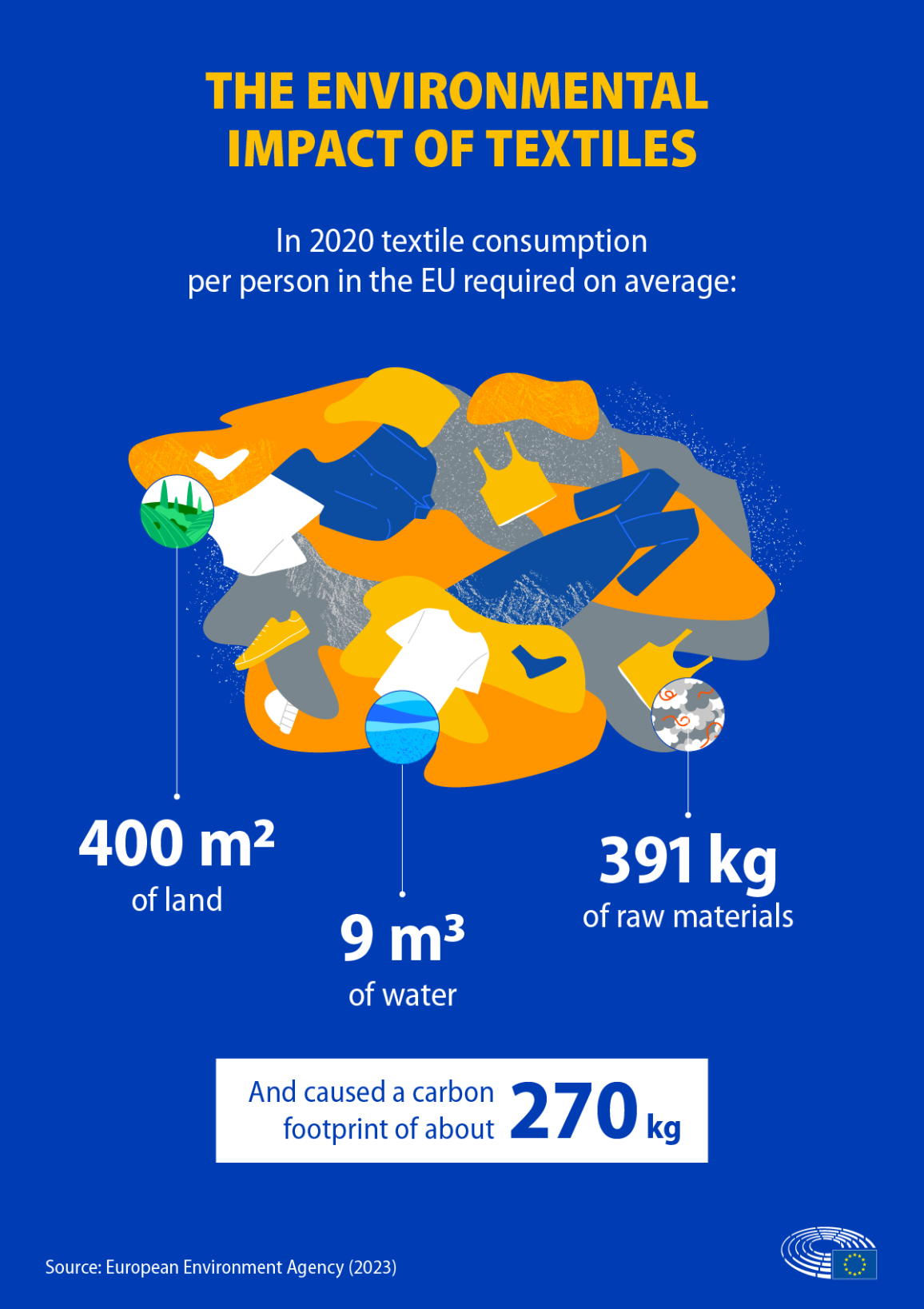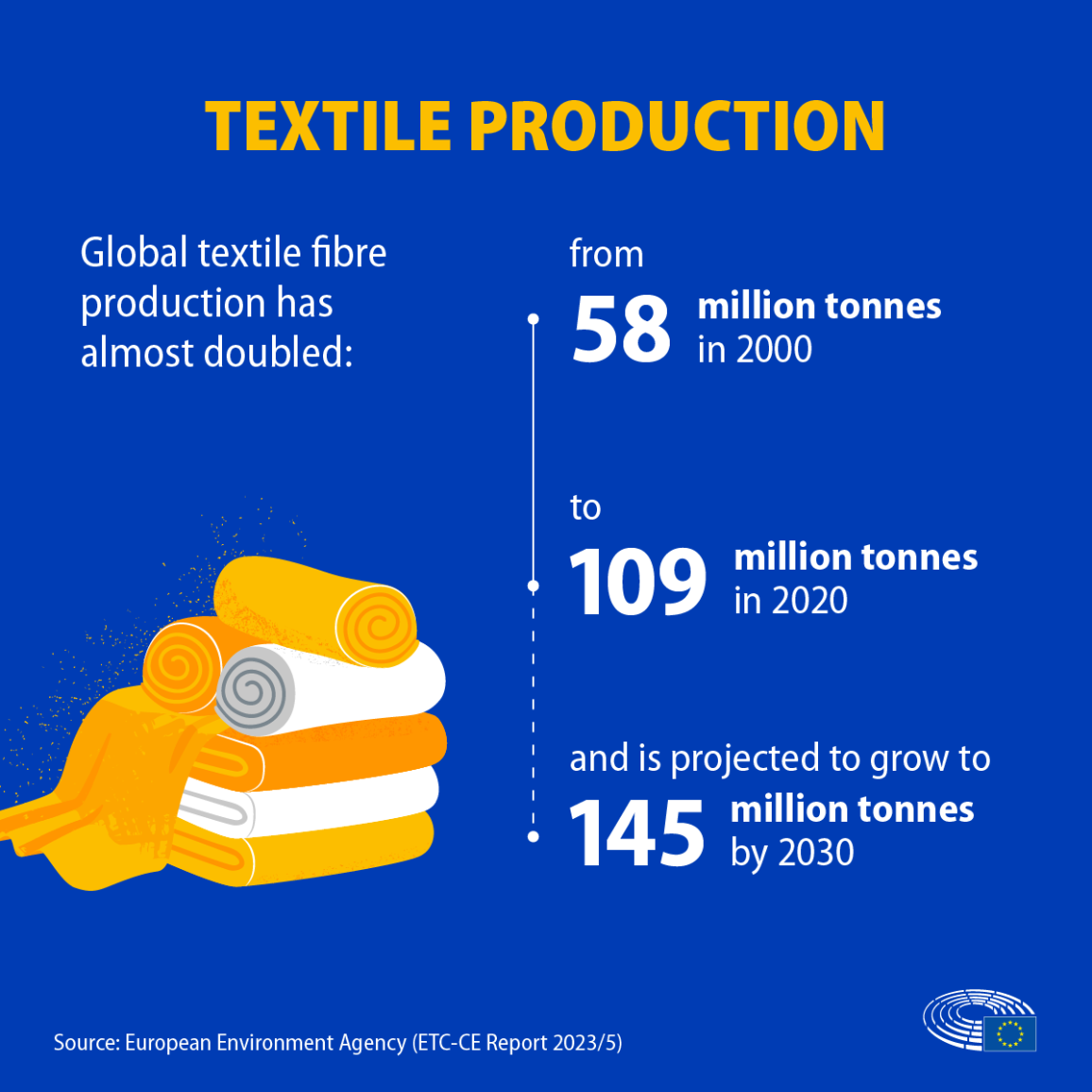The Fashion Industry Has a Dirty Secret
(and, yes, it's about the waste that it leaves behind)
The fashion industry is a major environmental polluter.
Let's break it down 👇
🤢 Quantity over Quality: Fast fashion thrives on churning out cheap clothes quickly. This leads to mountains of unwanted garments, with the average person throwing away 81.5 pounds of clothing annually in the US alone.
Globally, the textile industry is responsible for an estimated 17 million tons of textile waste ending up in landfills each year.
🤢 Environmental Exhaust: Producing all these clothes takes a massive toll. The fashion industry is estimated to be responsible for a whopping 10% of global carbon emissions - that's more than international flights and maritime shipping combined.
🤢 Additionally, textile production is a major water guzzler, using an estimated 79 billion cubic meters of water annually - that's enough to meet the drinking needs of the entire EU!
🤢 Pollution's Price Tag: Textile production relies heavily on harmful chemicals for dyeing and finishing. These chemicals pollute waterways and contaminate clean water sources, impacting aquatic ecosystems and human health.
In fact, the fashion industry is estimated to be responsible for 20% of global wastewater pollution. ☠️
Want to make a difference? Join over 10,000+ sustainability enthusiasts reading my (almost daily) newsletter: sustain.cerclex.com
🤢 Microplastic Menace: Synthetic clothing sheds tiny plastic fibers when washed, known as microplastics. These microplastics pollute our oceans, contaminate our water supply, and even end up in the food chain, posing a threat to marine life and potentially even human health.
A single load of laundry can release a staggering 700,000 microplastic fibers.
🤢 Europe's Textile Trouble: Europeans are no strangers to the clothing conundrum. The average European discards a significant amount of textiles each year - a hefty 26 kg per person. Unfortunately, less than half of this used clothing gets collected for reuse or recycling.
Even more concerning, only 1% of used clothing gets recycled into new garments due to limitations in current technology.
This means a massive amount of clothing ends up in landfills, taking hundreds of years to decompose and potentially releasing harmful chemicals into the environment.
We can't be sitting pretty expecting the world to change on its own.
We need to plug in.
Thoughts?
Join over 10,000+ sustainability enthusiasts reading my (almost daily) newsletter: sustain.cerclex.com




